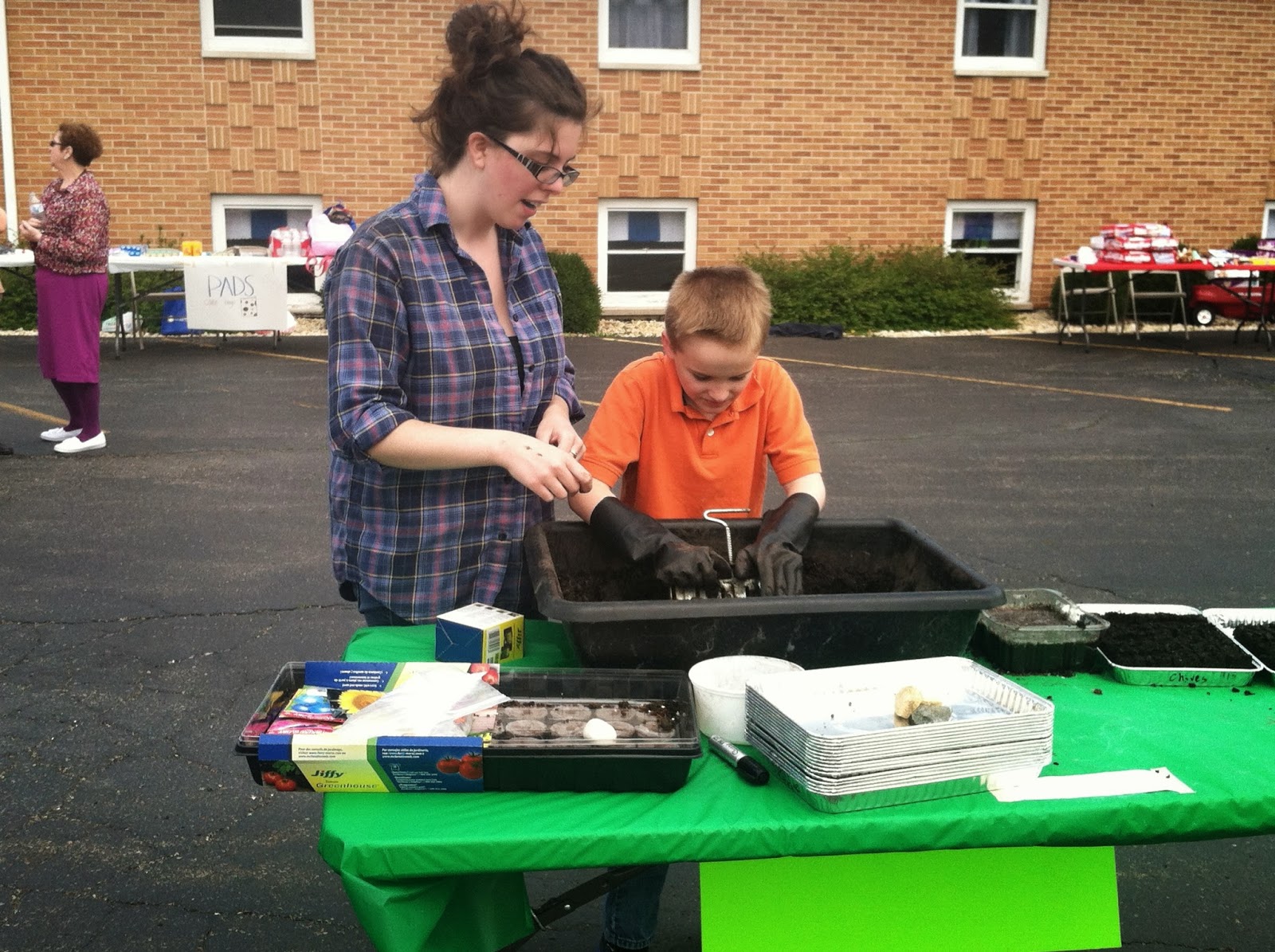The third in a series on discipling the family, originally appearing in Light and Life Communications.
In Prodigals and Those Who Love Them, Ruth Bell Graham reminds readers that, “Lord, You have trouble with Your children, too.” A family fractured by the estrangement of a child or parent has unique discipleship needs. Yet it also has unique opportunities to grow beyond what might be experienced in easier circumstances. Having gone through the experience, I've discovered the value of those opportunities.
In Prodigals and Those Who Love Them, Ruth Bell Graham reminds readers that, “Lord, You have trouble with Your children, too.” A family fractured by the estrangement of a child or parent has unique discipleship needs. Yet it also has unique opportunities to grow beyond what might be experienced in easier circumstances. Having gone through the experience, I've discovered the value of those opportunities.
A
few verses put into perspective what God can teach during a family
feud.
 “I
am the vine; you are the branches. If you remain in me and I in you,
you will bear much fruit; apart from me you
can do nothing.
If you do not remain in me, you are like a branch that is thrown away
and withers.” (John 15.5-6)
“I
am the vine; you are the branches. If you remain in me and I in you,
you will bear much fruit; apart from me you
can do nothing.
If you do not remain in me, you are like a branch that is thrown away
and withers.” (John 15.5-6)
Often
in loving an estranged family member, we feel thrown away. But when
dependent, abiding
prayer is all we have, we find out it's what we most need. We learn
the absolute truth of how little we can do without our Vine when we
are forced into helplessness. It's scary--until you discover its deep
peace.
“Rejoice
with those who rejoice; mourn with those who mourn” (Romans 12.15).
Until we know the pain of a child turning from God, let's be honest,
we tend to be judgmental of other parents.
But
when it happens to us—suddenly we re-recognize grace. We discover
that everyone has a backstory. We hurt when they hurt. We grasp the
depth of God's mercy and become profoundly grateful. It's not so easy
to criticize—and that leads to relationships you never imagined
you'd have with grace you never thought you'd yield. The beauty of
that becomes overwhelming.
 “But
while he was still a long way off, his father saw him and was filled
with compassion for him; he ran to his son, threw his arms around him
and kissed him” (Luke 15.20).
“But
while he was still a long way off, his father saw him and was filled
with compassion for him; he ran to his son, threw his arms around him
and kissed him” (Luke 15.20).
The
father's heart is broken and his trust shattered. Yet he doesn't
interrogate his son about intentions and sincerity. He doesn't wait
to see how it's going to work out. He welcomes him completely back
into the family. My guess is the only way this father could do that
was to practice praying for his son and offering forgiveness daily.
*What
can you let go of today in true forgiveness?
*What
is the hardest thing for you about trusting a family member who has
hurt you? How can God help that?
















.JPG)


